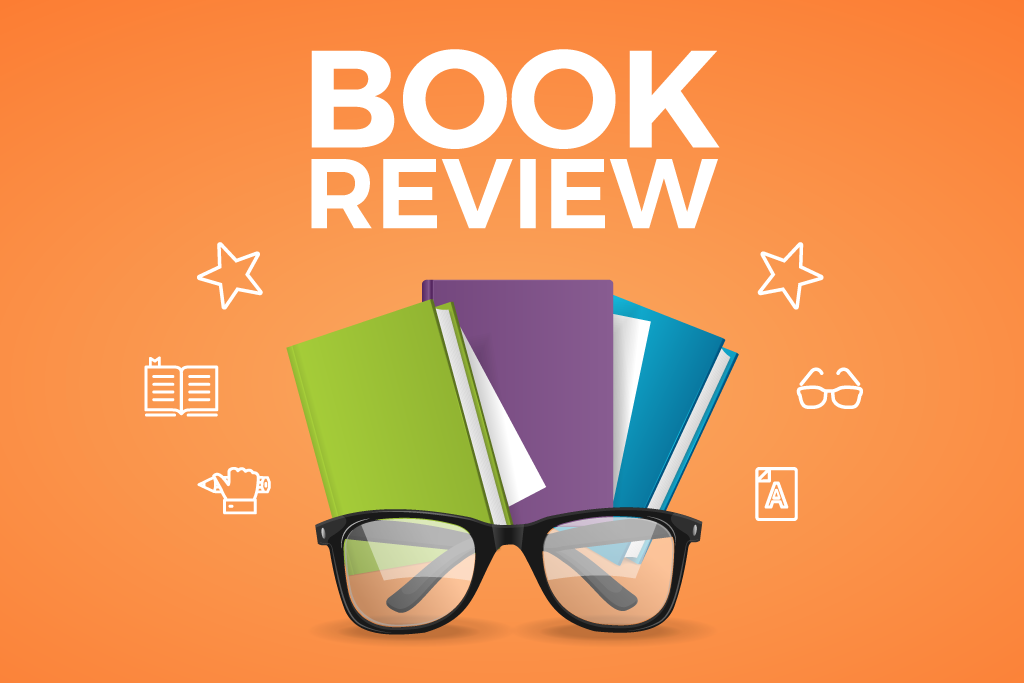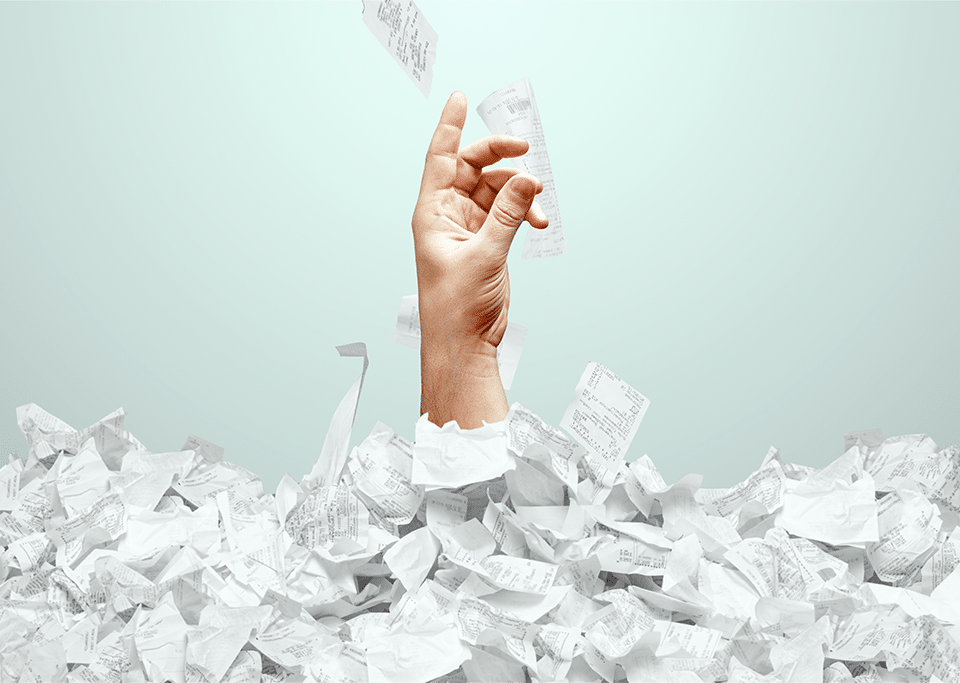
UNDERSTANDING ECONOMICS – SOME RECOMMENDED READING
April 10, 2024
How does Economic Policy affect our lives? Recommended Reading.
May 2, 2024Let’s face it, most of us want to be given credit for things we do and achieve. In the financial world, we want to be given credit too – in this case, using credit refers to using money that belongs to a financial services provider which we may be allowed to use if we meet the right criteria.
Credit refers to money that you borrow from a financial institution which then becomes a debt. Some types of credit are easier to get than others. Generally unsecured credit may be easier to get. This could be in the form of credit cards, Buy-Now-Pay-Later (BNPL) products, short-term finance etc. As with anything that’s super convenient, you pay more for the convenience of this type of credit (you might even get approval within minutes of applying).
Credit has a language of its own. Once we understand the terms, it’s much easier to make decisions to use credit responsibly. So, let’s have a look at a few key terms.
Credit Contract
A credit contract is the agreement between you and the lender to get the money (credit), which sets out the terms and conditions of the credit. Never sign a credit contract unless you understand all the terms and conditions of the contract. Credit contracts are legally binding.
Credit Agreement
You must receive a credit contract every time you enter a credit agreement. The contract outlines the terms and conditions of the contract. Part of your responsibility is to read and understand the documentation fully!
Contracts
Contracts are not all the same, so you must be vigilant when reading and signing. If you do not understand the contract, get independent legal advice before you sign it. The lender will assume you understand all your rights, and the terms and conditions when you sign.
Terms and Conditions
Terms and conditions outline your and the lender’s responsibilities and rights, including if times get tough and you can’t pay, information about interest rates, fees for late payments and early payout of a loan, where and when you will receive statements etc.
Secured Credit
Secured credit is credit secured by land, house or something like a car. This type of credit is usually not as convenient to get, longer term and less expensive from a day-to-day perspective. If you default on this type of credit, it may put the secured property at risk of repossession.
Unsecured Credit
Unsecured credit is credit that is not secured directly by property. These products will generally cost more since they create risk for the financial services provider.
Credit Report and Credit History
A credit report is a record of your credit history. It includes:
- Any applications that have been made by you (or anyone else in your name), including amounts
- Details of any credit products you have held in the last 5 years
- Repayment history on the credit you’ve held
- Defaults on any credit, including utility bills
- Acts of bankruptcy – legal debt agreements or bankruptcy
- Court judgments, complaints (legal term for notification of debt)
Credit Rating / Score
This is a number that rates you in terms of a credit score. Credit ratings may look something like this:
| Excellent | 853 to 1,200 |
| Very good | 735 to 852 |
| Good | 661 to 734 |
| Average | 460 to 660 |
| Below average | 0 to 459 |
Your credit score is worked out by using information in your credit report, how many credit applications you’ve made, how much money you’ve borrowed and whether you pay on time.
The credit reporting agency will use a score between 0 and 1000 or 0 and 1200 depending on the agency. The higher the score, the more likely it is that the credit provider will lend you money. You may also have more ability to negotiate lower interest rates if you have a higher score.
Getting your credit report
You can get your credit report for free by contacting one or all of the agencies below:
Sometimes the reports differ a little and each agency may hold slightly different information, so it’s worth getting a report from each of the agencies and comparing what’s on them. Sometimes mistakes are made. If this happens, contact the credit repair agency where you got your report so they can correct the listing.
So, are you ready to use credit now, or do you need to know more?
If so, go to:
MoneySmart – Loans to check out different types of loans and things you need to be aware of
MoneySmart – Credit Cards to check out the pitfalls of using credit cards
MoneySmart – Other Ways to Borrow to check out other types of credit
Good luck and do your research!







